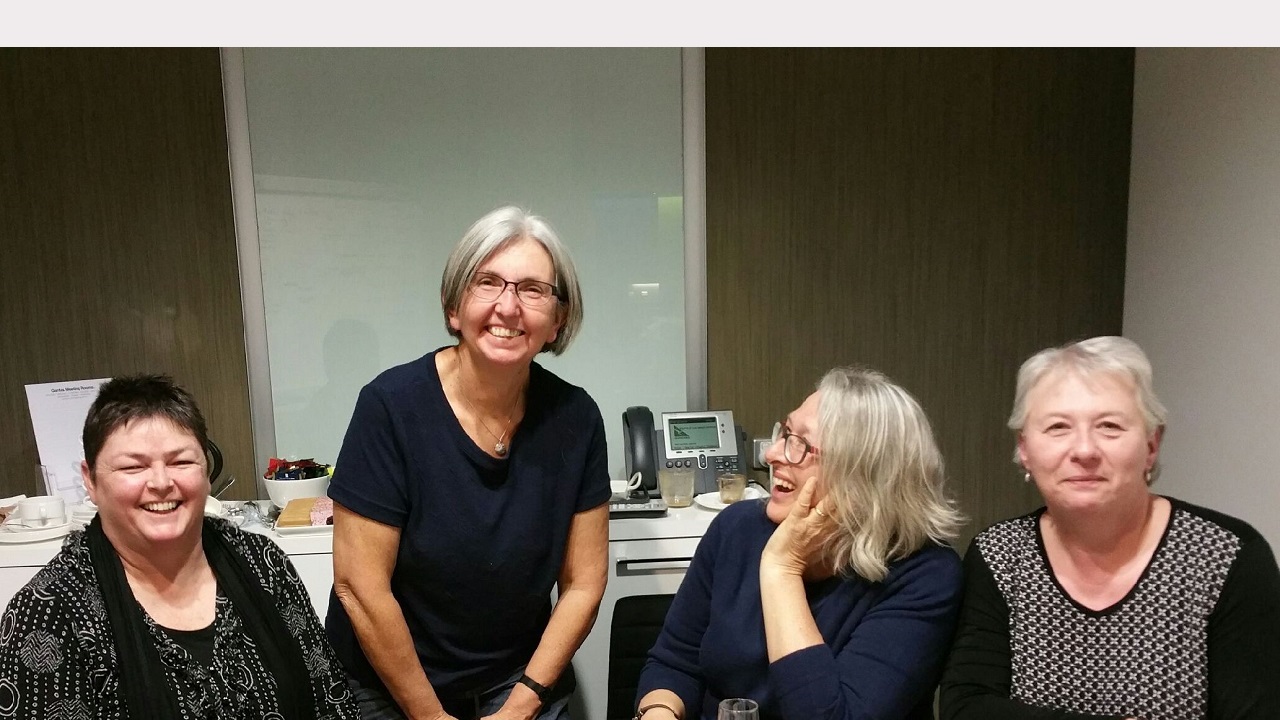Second chance to learn about death and dying through free online course
Second chance to learn about death and dying through free online course
by Heather Wiseman
Monday, March 27, 2017
Enrolments open today for a free, web-based course that allows people of all ages to learn about death and dying, and engage in supportive discussion.
Dying2Learn is the second Massive Open Online Course (MOOC) to be offered by online palliative care resource CareSearch. The five-week course, which starts on 3 April, will have the same content as the Dying2Learn MOOC offered in the middle of last year.
CareSearch research fellow Deb Rawlings says about 800 people actively participated in the previous MOOC, and many said they were surprised to have really enjoyed it.
“You don’t go into this sort of thing thinking ‘I’m going to have a great time here’, but people did and they were surprised by how many like-minded people they met,” she says.
Dying2Learn will have four modules:
- How does today's society engage with death and dying? How do we use language to describe it? What about the role of television and film?
- What does death 'look' like? How is death and dying portrayed in the media?
- If death is the problem, is medicine the answer? A look at what we die of, the role of medicine, and prolonging life versus prolonging death.
- Digital dying: Death during the internet-age.
Ms Rawlings says some previous participants found the course inspired important conversations about death and dying that they’d never had before.
Discussion about end-of-life wishes and advance care planning left people thinking for the first time about what they wanted for their funeral, or whether they wanted an event before they died instead.
A session on prolonging life, led by a palliative care physician and an intensive care specialist, covered issues such as resuscitation.
“A lot of participants found that was a real light-bulb moment. They didn’t realise some of the things that can happen if you find yourself in intensive care.”
Ms Rawlings says a highlight of the course was the storytelling it inspired. The non-judgemental, supportive online environment made participants comfortable to share personal stories and events from their lives.
Ten groups, including one for people who had experienced the death of a child, were formed through the MOOC’s online platform, allowing members to interact afterwards.
“At the end of the day, we weren’t teaching them so much as allowing them to shape conversations and lead their learning themselves.”
Ms Rawlings says the MOOC was designed for the general public, so CareSearch was surprised that two-thirds of those enrolled last year were health professionals.
“They interacted as people, not as health professionals, and they were posting personal reflections, not work-based ones, so that was great to see.”
She said some of last year’s participants had already emailed to say they planned to do the MOOC again.
For more information and to register, visit www.caresearch.com.au/Dying2Learn.
